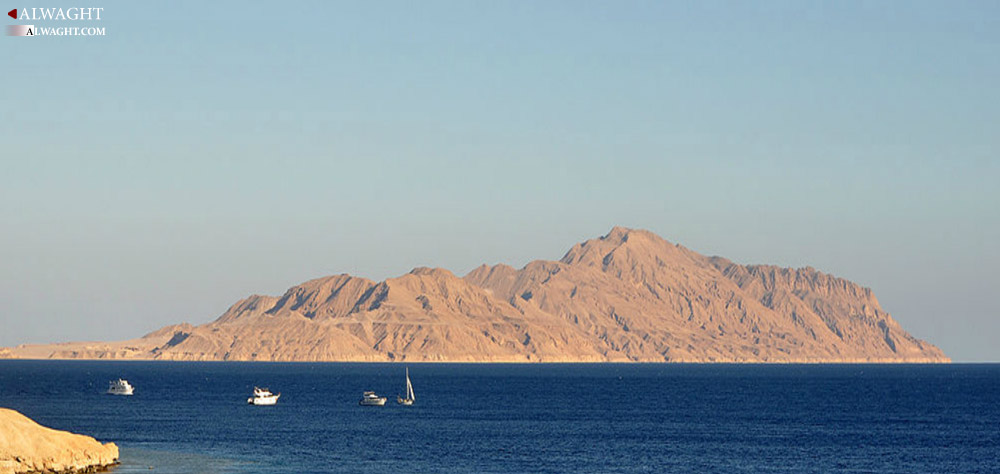Alwaght- Small and barren, yet the two Red Sea islands of Tiran and Sanafir have been able to cause a stir in the waters separating Egypt from Saudi Arabia. After an Egyptian court rejected a deal under which Cairo would have to hand over the two strategic islands to Riyadh, it seems that the already icy relations between the two countries will get even colder.
The decision satisfied the Egyptian public which had accused President Abdul Fattah al-Sisi of violating the constitution and “selling the islands” in exchange for a multi-billion dollar aid package. However, it disgruntled Saudi Arabia which had plans to construct a bridge that links it to Sharm el-Sheikh in the Sinai Peninsula.
In a highly controversial statement, Sisi previously claimed that Egyptian troops had stationed there in 1950 to protect the islands but that they had always belonged to Saudi Arabia.
Sisi’s stance sparked a wave of protests, both on the streets of Egypt and social media.
Egyptian Satirist Bassem Yousef criticized the deal in a tweet that accused Sisi of selling the islands to the highest bidder, mockingly saying “an island for a billion, a pyramid for two.”
However, it is improbable that Sisi, who launched a crackdown against protesters following his election, permitted the court’s ruling to heed public demand.
Some observers attribute this decision to a recent chill in relations between Cairo and Riyadh. They even believe that Sisi gave the green light to the court which overruled the deal after the Saudis halted fuel shipments to Egypt.
Sisi’s government has been reliant on Saudi financial aid since the ouster of former Islamist President Mohammad Morsi. In April 2016, Riyadh agreed to provide Cairo with 700,000 tons of fuel per month over a period of five years. Egypt would have to repay Saudi Arabia on viable conditions. However, in October, Egyptian authorities announced shipments had been halted.
This brings up another point of contention between Sisi and Saudi authorities: Syria.
A source in the Egyptian Ministry of Petroleum said that government officials believe the suspension was "politically motivated.”
It is supposed to be linked to Egypt’s vote for a Russian-backed UN Security Council resolution to dismiss calls to halt the bombing of militants in Syria’s Aleppo.
Saudi Arabia’s funding and support for terrorists against President Bashar Assad has blinded its regional policies with Egypt being the most prominent example.
Even the Yemen quagmire has further pulled the two states in a sticky situation. Cairo’s meagre participation in the aggression against Yemen as well as its reluctance to commit ground troops has angered Riyadh.
Deepening rifts on regional and political issues between the two Red Sea nations, in addition to territorial disputes over the islands and diminishing financial aid to Sisi’s government, have blemished the ties that had developed after Sisi’s military rule helped overtake the Muslim Brotherhood’s reign in Egypt.
Tiran and Sanafir may be two tiny islands situated between the Sinai and the Arabian peninsulas, but their strategic locations—militarily and economically, considering their proximity to the Israeli ports of Eilat and the Jordanian port of Aqaba— renders them crucial assets. Now, they are even more contentious in the file of disputes between Egypt and Saudi Arabia.
Under the scorching Red Sea sun, it does not seem that the ice covering the Egyptian-Saudi relations will thaw anytime soon.



























